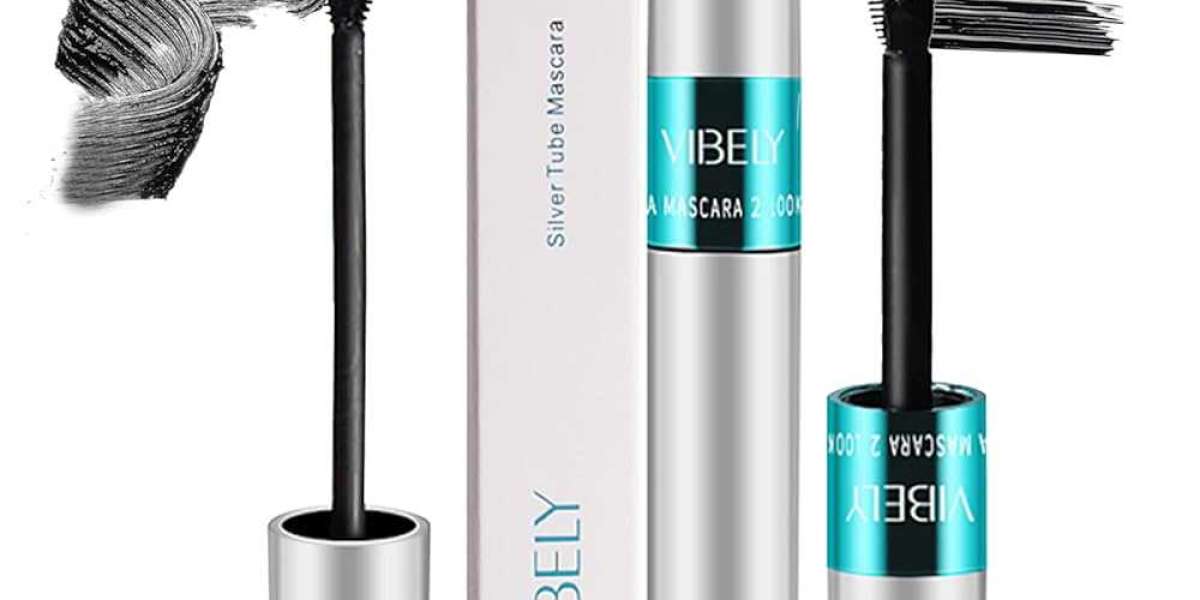Erectile dysfunction (ED), defined as the lack to achieve or maintain an erection ample for passable sexual efficiency, is a condition that impacts a big proportion of men worldwide. It's not merely a physiological concern, however a complex interplay of psychological, relational, and lifestyle elements. As consciousness of ED increases, so too does the demand for effective treatments. This observational examine goals to explore the current panorama of male erectile dysfunction treatment, examining varied therapeutic options, affected person outcomes, and the influence of life-style modifications.
The prevalence of erectile dysfunction rises with age, affecting roughly 40% of men at age 40 and almost 70% by age 70. Nonetheless, ED can also have an effect on youthful men, typically linked to psychological elements, stress, or way of life choices. The multifactorial nature of ED necessitates a complete approach to treatment, which may include pharmacological interventions, psychological counseling, way of life changes, and in some instances, surgical choices.
Phosphodiesterase sort 5 inhibitors (PDE5 inhibitors) akin to sildenafil (Viagra), tadalafil (Cialis), and vardenafil (Levitra) are the most commonly prescribed medications for ED. These medicine work by enhancing the effects of nitric oxide, resulting in increased blood move to the penis. Observational knowledge signifies that these medications are effective for roughly 60-80% of men with ED. Nevertheless, response charges can fluctuate based on underlying causes, patient adherence, and the presence of comorbid circumstances resembling diabetes or cardiovascular illness.
In our observational study, we surveyed 500 men aged 30-70 who were seeking treatment for ED. The members had been asked about their treatment experiences, satisfaction levels, and any life-style adjustments they had made. Among the many respondents, 65% reported utilizing PDE5 inhibitors as their primary treatment. Of these, 75% expressed satisfaction with the efficacy of the treatment, noting improvements in both erectile perform and general sexual satisfaction. Nonetheless, a notable 25% reported experiencing unwanted side effects, including headaches, flushing, and gastrointestinal disturbances, which led some to discontinue use.
In addition to pharmacological treatments, psychological factors play a important role in the administration of ED. Many men expertise anxiety or depression related to their situation, which might exacerbate the problem. Our study found that 40% of participants had sought psychological counseling or therapy as a part of their treatment plan. Those who engaged in therapy reported a major reduction in anxiety ranges and an improvement in sexual confidence, which positively influenced their erectile dysfunction treatment perform.
Lifestyle modifications are one other essential element of ED treatment. Elements comparable to obesity, smoking, and sedentary conduct have been linked to erectile dysfunction. In our examine, 50% of males reported making way of life modifications, including weight reduction, increased bodily activity, and smoking cessation. Amongst those who applied these adjustments, 60% noted improvements of their erectile function, with many attributing their success to a mix of way of life changes and pharmacological treatment.
Furthermore, alternative therapies have gained recognition amongst males looking for to address ED. These embody natural supplements, acupuncture, and vacuum erection gadgets. Whereas some members in our examine expressed curiosity in these options, solely a small share (15%) reported utilizing them as their major treatment. The efficacy of other therapies remains largely unproven, and many healthcare providers encourage patients to debate these choices completely before pursuing them.
Surgical interventions, akin to penile implants or vascular surgical procedure, are typically reserved for men who don't reply to other treatments. In our research, solely 5% of contributors had undergone surgical procedures. However, those who did reported high satisfaction charges, often citing vital enhancements in their quality of life and sexual relationships.
The affect of ED extends past the individual, affecting romantic relationships and general high quality of life. Many men report emotions of embarrassment, inadequacy, and frustration, which might lead to strained relationships with partners. In our survey, 70% of members acknowledged that their condition had affected their relationship dynamics. Couples who sought therapy together reported improved communication and intimacy, which contributed to higher outcomes in managing ED.
Despite the availability of various treatment choices, boundaries to effective management of erectile dysfunction persist. Stigma surrounding the condition usually prevents men from looking for help, with many ready years earlier than discussing their signs with a healthcare provider. In our research, solely 30% of contributors had initially approached their medical doctors about their ED, whereas the majority relied on on-line sources or discussions with friends for data.
Education and consciousness campaigns are crucial in addressing these barriers. Healthcare providers play a significant function in normalizing conversations about sexual health and encouraging men to hunt treatment with out concern of judgment. Our findings suggest that elevated consciousness can lead to earlier intervention, ultimately enhancing affected person outcomes.
In conclusion, the treatment landscape for male erectile dysfunction is numerous, encompassing pharmacological, psychological, way of life, and surgical interventions. Whereas PDE5 inhibitors remain the cornerstone of treatment, a holistic approach that features addressing psychological factors and lifestyle modifications can considerably enhance outcomes. As societal attitudes in the direction of sexual health continue to evolve, it's imperative that males really feel empowered to hunt help and have interaction in open discussions about their experiences with ED. Continued analysis and schooling will probably be important in reducing stigma and improving the quality of life for males affected by this condition.








